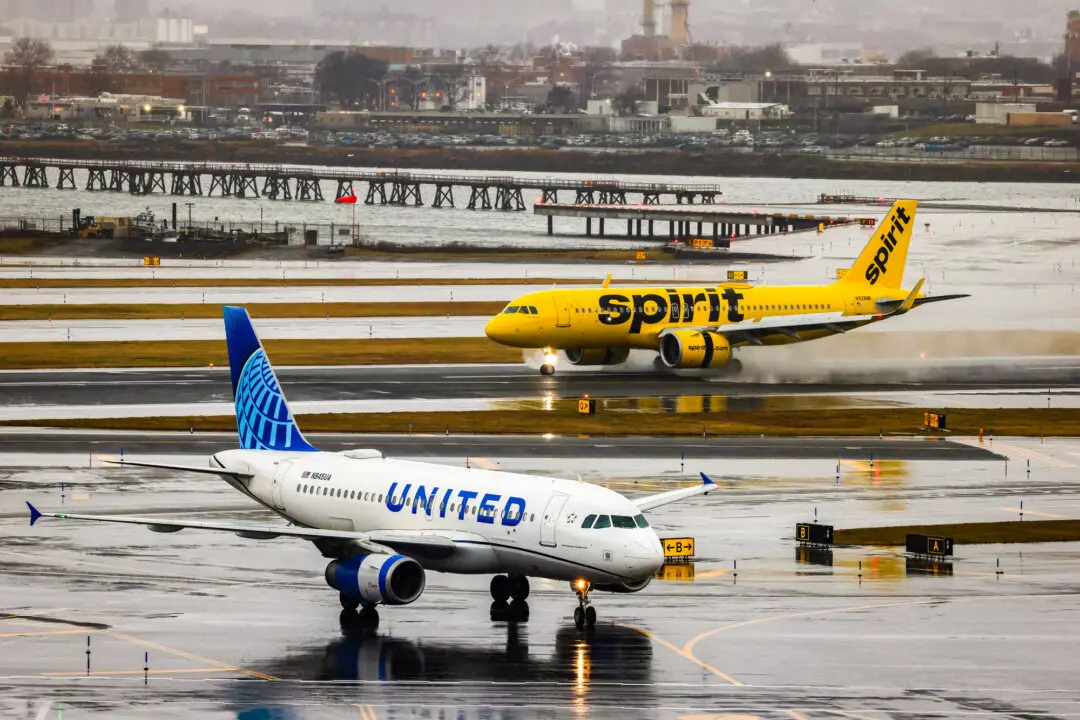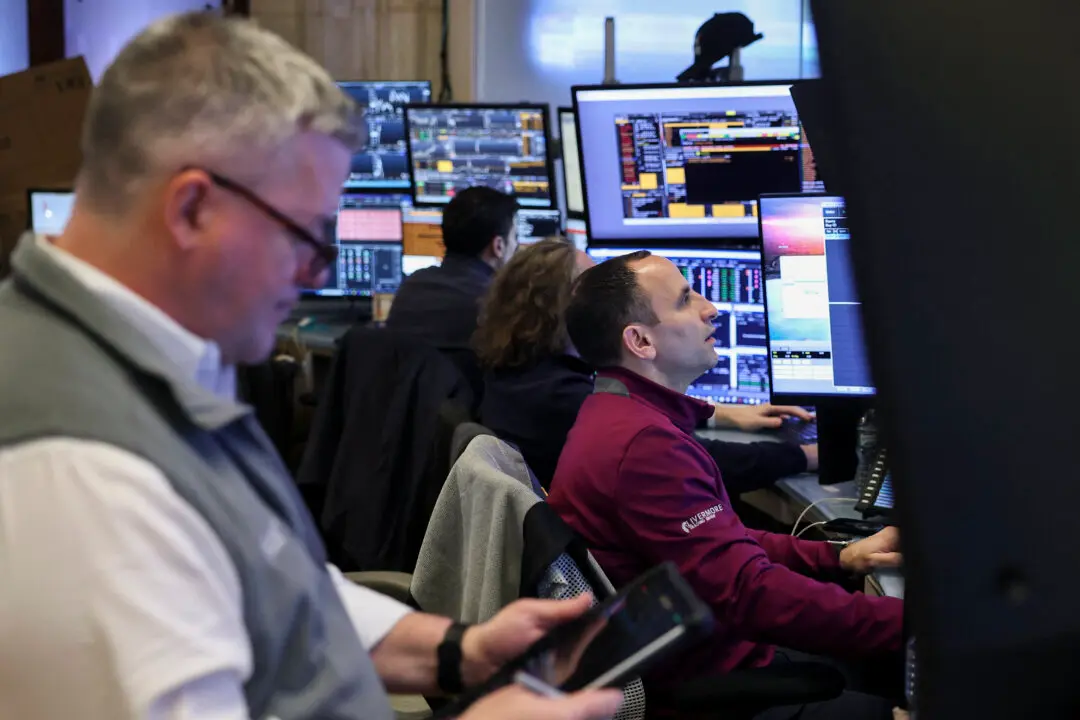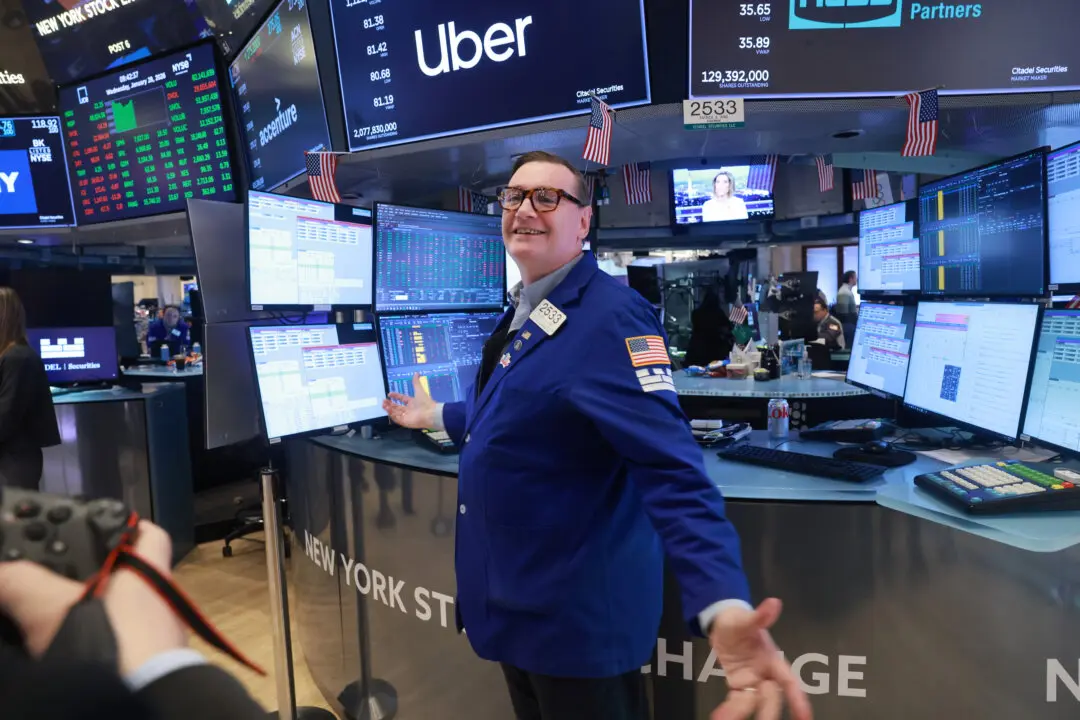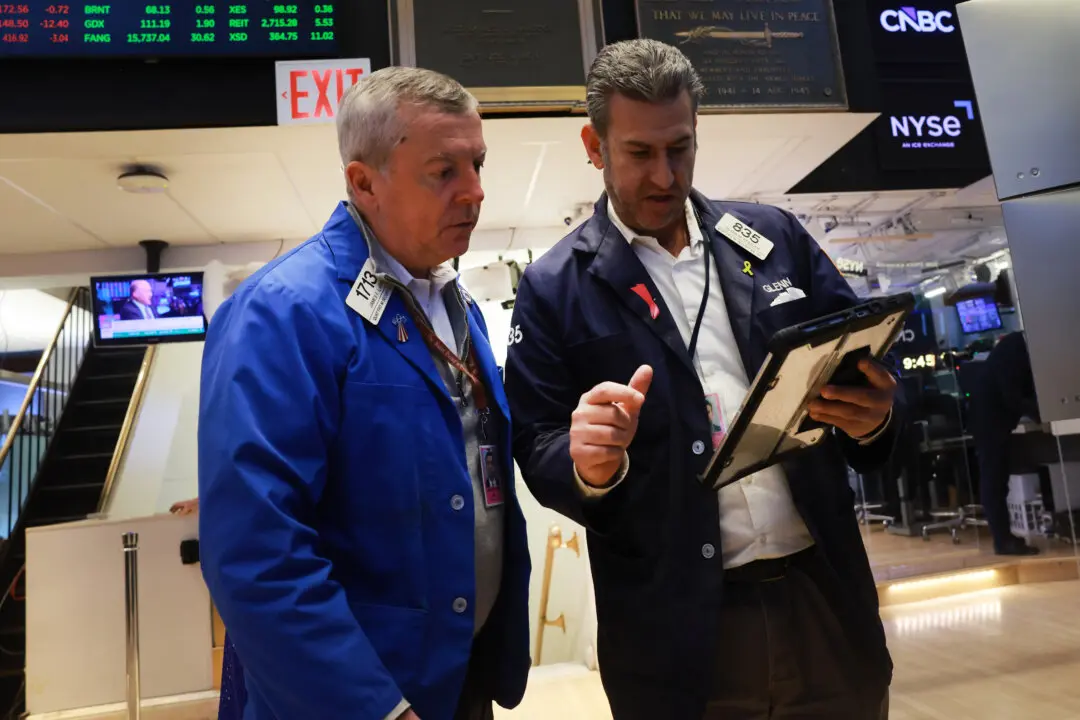The skies look clear for the airline industry for the new year: The Boeing strike is over, traveling demand is robust, airlines are well prepared to monetize their assets, and the incoming Washington administration could pave the way for consolidation.
The airline industry has experienced the best and the worst times in the soon-to-be-ended current year. The best times were caused by the acceleration of the post-COVID-19 demand recovery for travel, with bookings hitting a record during the year.





